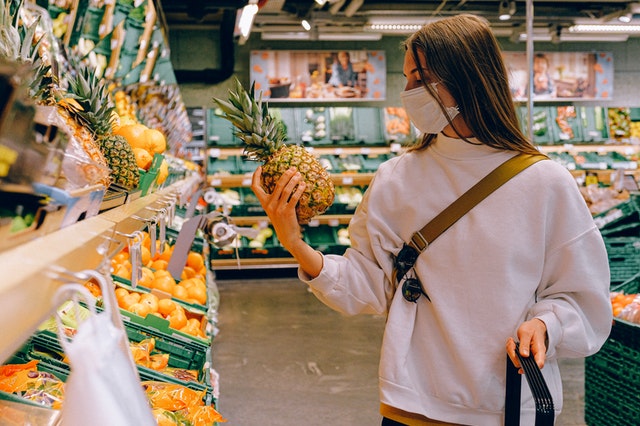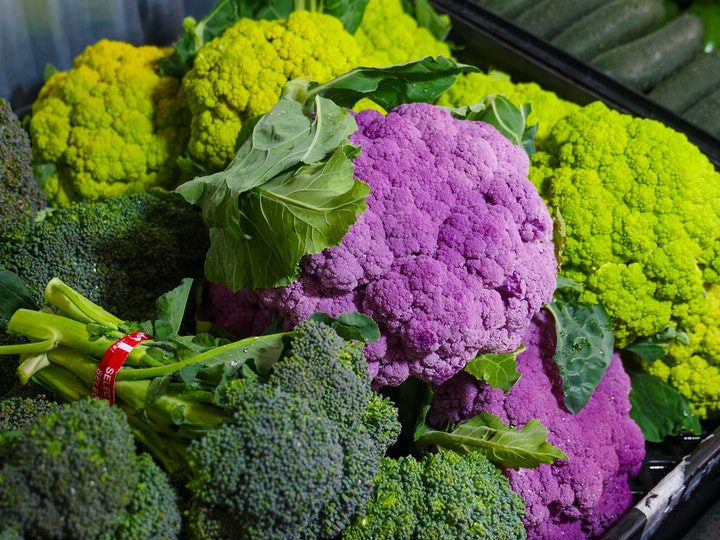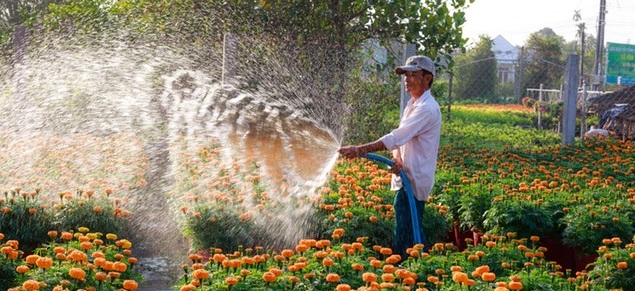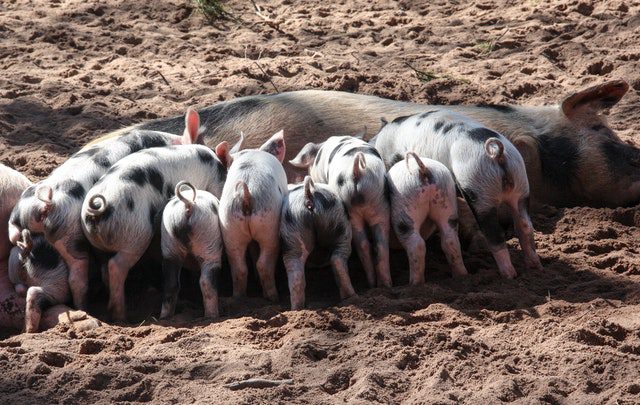Uncertainty has plagued farmers and food traders the better part of the last quarter. Heavy rains in January gave us high expectations of a great year ahead. In February, the trending news was on desert locust swarms invasions across the country. Despite the early onset of March-April-May long rains in most parts of the country, in the first week of March, it was the scariest. The country confirmed her first case of COVID-19 infection.
Related: 5 smart farming ideas beyond COVID-19.
Triple tragedy! Would be the right expression for the three shocks; climate change, COVID-19 outbreak and desert locusts invasion. This has great impacts on profits and operations of both farmers and food traders. In this article, we will discuss how these events have affected our agriculture. Besides, we will focus on how individuals and business can mitigate those risks in current and future operations.
Coronavirus disease (COVID-19) Pandemic.
The COVID-19 has 88 confirmed cases in Kenya as of today. According to the World Health Organization (WHO), the disease spreads primarily through contact with an infected person when they cough or sneeze. It also spreads when a person touches a surface or object that has the virus on it, then touches their eyes, nose, or mouth.
As a measure to check its fast spread in the country, the government has put into place various interventions. These include restrictions on international air travel, closure of all schools in the country, and a daily curfew from 7 pm to 5 am.
The effects of these social changes will have long-lasting effects on food production and marketing. These include are;
- Disruptions in farming and marketing operations. Farms have shorter working days as they release workers before 4 pm. There are possibilities of long absenteeism as people may fall sick to tend to their ailing loved ones. Restrictions in movements are limiting the free flow of labour.
- Low trade volumes and profitability. There is a lower domestic and international demand, because of the closure of major farmer markets, conferences and learning institutions. Bans on social gatherings like churches, weddings and funerals have lowered domestic demand leading to food and income losses. Internationally, there is a slump of non-food farm commodities such as flowers.
- Low investments. The high uncertainty has made many people adopt a watch and see attitude before heavily investing in many areas. Many are using their savings as lenders adopt lower risk lending policies in the period.
- Inadequate supply of raw materials. Kenya farmers have reported inadequate volumes of fertilizers and pesticides. Some traders may hoard their goods, expecting to reap higher profits. The low flow of goods internationally and low investments are responsible for the low supply.
As each cloud has a silver lining, the current challenge has led to growth in e-commerce in the country. People are demanding essential food and other supplies online and get them delivered home. To learn how to tap into this area as a modern agribusiness, see the way forward section of this article.
Desert Locusts invasion in Kenya.
The desert locusts invaded Kenya on 28th December 2019 from Somalia. To date, this migratory pest has terrorized farmers and pastoralists in over 26 counties. The Ministry of Agriculture has maintained a controlling operation using aerial and ground spraying. However, their fast mobility and reproduction have made this inefficient. They have laid eggs which have hatched to destructive hopper bands. This is sending chills to maize farmers in this planting season. From Kenya, the insect’s swarms have invaded Uganda and Tanzania.
The negative effect is that farmers’ incomes and yields will be negatively affected. Locust control is costly for governments and farmers. There are associated health and environmental concerns of whether the applied pesticides destroy our environment. Environmentalists are exploring safe means of locust control, such as the use of predators.
On the positive side, desert locusts can be beneficial. They provide raw materials for human and animals.
Climate change shocks.
January 2020 is one of the wettest in history. The excess rains have ensured availability of green vegetation across the country. This has cautioned food, cash and fodder crops from destruction by desert locusts. This availability of nutritious pastures has led to high milk production in a season that is usually considered a shortage period.
The excess rains have affected the supply of high-value horticultural crops like tomatoes. In the period, we experienced one of the highest price volatilities in the fruit as rains disrupted its supply. The rains also led to the high cost of weed and pest control because of pests thriving in excessive moisture and fast growth of weed in farms.
Best insights for solving Africa’s Farming challenges
Smallholder farmers supply around 70% of marketed agriculture commodities in Kenya. The above shocks have made their operations more vulnerable, risking their food security and livelihoods. The sector remains the bedrock of economic growth and development for our economy. We must intervene to cushion our future profitability, to do these agribusinesses need to do the following in the short-term;
- Business continuity planning (BCP). Your agribusiness ought to develop and implement a BCP strategy. This will outline the pathway to survive the pandemic and curve a position in the next new normal post-COVID-19. The BCP must define the 5 stages of 5 Rs; i.e.; Resolve, Resilience, Return, Re-imagination and reforming.
- E-commerce and online marketing. You should venture in selling their commodities online. To be successful in this area. You require a robust digital strategy, an online shop, a mobile app and a management information system.
- Climate-Smart Agriculture (CSA). Streamline your operations with new realities of climate change disruptions. You can look into protected farming where you grow your crops sheltered in green and net houses from adverse weather and pests like desert locusts. Another consideration is urban farming for urban consumers.
- Smart Farming. Agriculture going forward will be more automated to cushion operations from a human’s related disruptions. Smart farming ideas beyond these challenges are to consider are the use of drones, driverless tractors and robots.
- Get crop or livestock insurance cover for your farming business. This will cushion your business from unforeseen challenges such as floods and droughts.
Conclusion
Stakeholders in agricultural value chains need to reorient their approach going forward. As a short-term plan in Q2, 2020, they can review and develop their BCPs and (re)-launch their online shops. Long-term considerations should be investments in CSA and smart farming.
Read also: Desert locusts invasion in Kenya; threats and opportunities.
Agcenture offers consultancy services like BCP planning for agribusinesses in food production and marketing. Lightswitch Agency our sister brand specializes in digital advisory services as well as MIS, web and APP Development services and website hosting services. You can contact us today for a quote.



